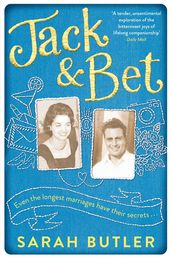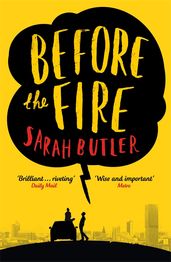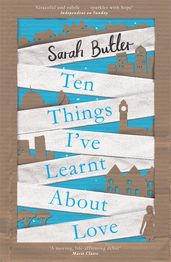Synopsis
It's June 2011. Best friends Stick and Mac can't wait to turn eighteen and escape their north Manchester estate. They've spent months planning a road trip to Spain, but the night before they're due to leave Mac ends up in the wrong place at the wrong time and now Stick must face an uncertain future alone. Resisting his family's well-meaning attempts to help, he focuses on seeking justice for his friend and then meets a girl he can't stop thinking about. When riots break out across the country, Stick is still burning with rage and grief and searching for a way to express them . . .
Details
Imprint: Picador
Reviews
Butler is brilliant at capturing Stick's inner teenage turmoil, his anger, his feelings of futility, the terrible depths of his grief and his easy contempt for adults who clumsily try to help. By setting the novel in the months leading up to the 2011 riots, Butler also hints at a wider social dimension to teenage disaffection, while ensuring that Stick remains a riveting and sympathetic character




